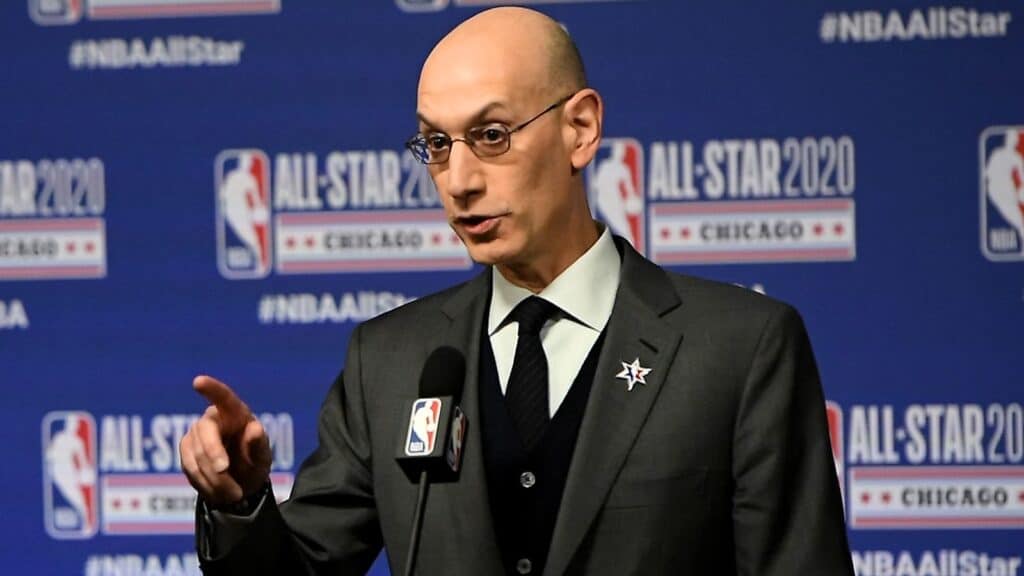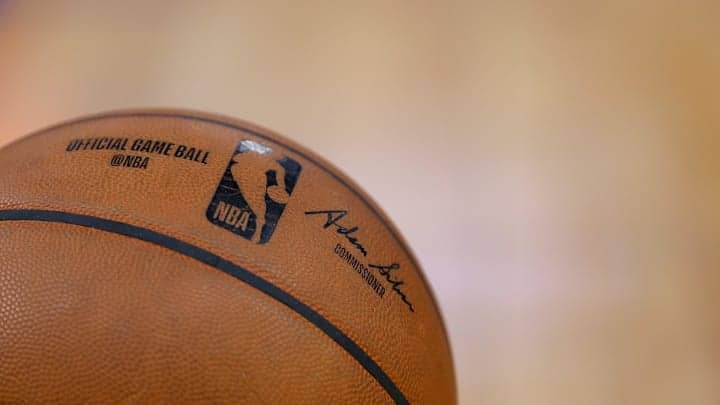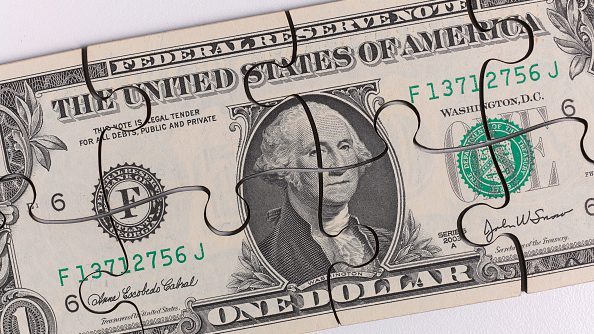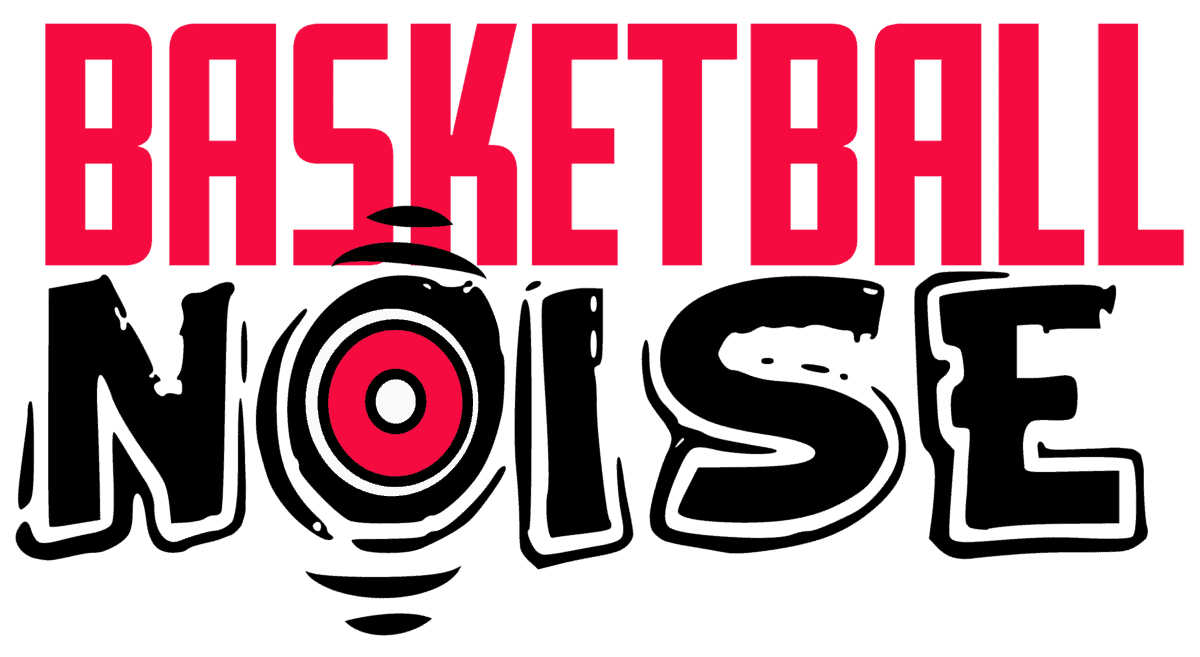Conflict is a part of life. Humans, regardless of whatever setting they are in or what station they are in life are naturally predisposed to more often than not be creative in finding ways to disagree with each other. Factor money into the equation and disputes become the order of the day, especially where obscene amounts of money are concerned like in professional sports leagues.
What is NBA Salary Arbitration? NBA Salary arbitration is when both a team and a player make a proposal submission to a neutral third party (arbiter) on what a player’s salary for an upcoming season should be. The arbiter decides what the salary should be.
The NBA is no exception to this harsh reality and were it not for the alternative dispute resolution mechanisms that the league has in place, most of the action would be happening in courtrooms instead of the basketball court. Simply put, for the ever-familiar sound of a basketball hitting the hardwood floor to be heard, things must be at best rosy and at least cordial between the league, the franchises/teams, and the union representing the players. Failing to constantly maintain this balance would be as catastrophic as allowing a cook to be as liberal as they choose with the salt and still expecting the soup to come out great – not going to happen!
What is Salary Arbitration?
Salary arbitration may be simply defined as a process by which both a team and a player make a proposal in form of a submission to a neutral third party (arbiter) on what a player’s salary for an upcoming season should be. The arbiter then selects which salary the player will receive. For this process to be possible, the player must have satisfied certain criteria like having played in the league or on a specific team for a designated amount of time, say four years.

The MLB is perhaps the best example of a league that implements salary arbitration processes, having done so since the 1970s. The NBA on the other hand has never used any type of salary arbitration and instead opts for the salary cap system.
What is a Salary Cap and why is it important?
Simply put, a salary cap is a spending ceiling designed to promote or enforce competitive balance across the league. Without a salary cap, big-market teams could simply “buy” championships since nothing would stop them from regularly breaking the bank in order to acquire the best talent the league has to offer. Make no mistake, talent like defense wins championships, and in an ultra-competitive league like the NBA, the right talent is the difference between a perennial contender and a lottery team.

In the NBA, the salary cap is ordinarily calculated as a given percentage of basketball-related income or BRI, which is simply all the income that comes into the league and its franchises/teams. This includes revenue from a number of avenues including ticket, merchandise and concession sales, broadcast rights and team sponsorships, partnerships and promotions. The current salary cap is currently set between 49 and 51 percent of the BRI under the provisions of the existing Collective Bargaining Agreement (CBA) between the league, the teams and the players.
How a Salary Cap Helps (or Not)
The salary cap is in essence a check against excesses by teams, in this case excess spending by imposing hefty penalties of up to $3.25 per $1 spent. However, as noble as this concept is, it is unfortunately fundamentally flawed as one or both of these two things happen to undermine it.
First, teams find creative ways of spending over the salary cap limit by utilizing a plethora of existing exceptions to the general rule. These include Bird Rights, Early Bird Rights, the Bi-annual Exception, the Rookie Exception, the Disabled Player Exception, the Taxpayer Mid-Level Exception, the Non-Taxpayer Mid-Level Exception, the Room Mid-Level Exception and the Minimum Player Salary Exception.
Second, an owner of a franchise/team with unlimited funds in their coffers may simply choose to pay the penalties if there’s a “win now” opportunity. This is because any businessman/woman worth their salt knows that to make money, one has to spend money. They would also know that winning a championship is quite literally striking oil since a franchise’s value automatically skyrockets enabling them to make back the money they may have spent and then some.
Why Salary Arbitration Can’t Work in the NBA
The main reason why salary arbitration can’t work is because of the salary cap system that is already in place. With salary arbitration, both a player and a team submit the proposed salary for the upcoming season to an arbiter who then decides what is appropriate regardless of how steep or absurd the figures proposed may be. A salary cap arguably works in a manner contrary to this by setting a spending ceiling that a team cannot ordinarily exceed without paying hefty penalties. Therefore, attempting to implement salary arbitration in the NBA would, on the surface, appear to negatively impact the league by abruptly and greatly escalating salaries, which would in turn greatly exceed the salary cap thus limiting a team’s ability to sign players.
How Salary Arbitration Could Help the NBA
Ultimately, the greatest reason why the salary cap system exists in the NBA is to ensure that the league remains competitive. Were the league to fail to police spending, a majority of the league’s top talent would find their way to the few big-market teams with pockets deep enough to accommodate them. That would in turn make the entire NBA season lackluster and a mere formality since there would be only one or two teams who are clear favorites instead of a number of serious contenders battling it out for the ultimate honors.

There are instances, however, where the salary cap failed to fulfill its primary objective and where salary arbitration could have stepped in to save the day. The best example of this was the 2017-2019 Golden State Warriors team which brought the basketball world to a near halt in the 2016 offseason by signing then ex-OKC superstar forward Kevin Durant. Perhaps what shocked basketball purists even more was the way it was done – a mixture of exploiting the ever-rising salary cap and denying their deserving trio of two-time NBA MVP Stephen Curry, fellow Splash Brother Klay Thompson and defensive maestro Draymond Green max deals.
Was salary arbitration in place, Golden State would have had to pay Curry, Thompson and Green, then all top 15 players and thus All-NBA team members max deals, making Durant’s signing impossible. Durant would then have had to either resign with OKC or opt to join teams that could then accommodate his salary like say the Washington Wizards, which would have tipped the power scales towards a balance and made the league collectively more competitive.
All in all, salary arbitration and the salary cap system may have their obvious flaws but were a hybrid of the two adopted, every party concerned would ultimately benefit: the players, the franchises, the league, and perhaps most importantly, the fans.
